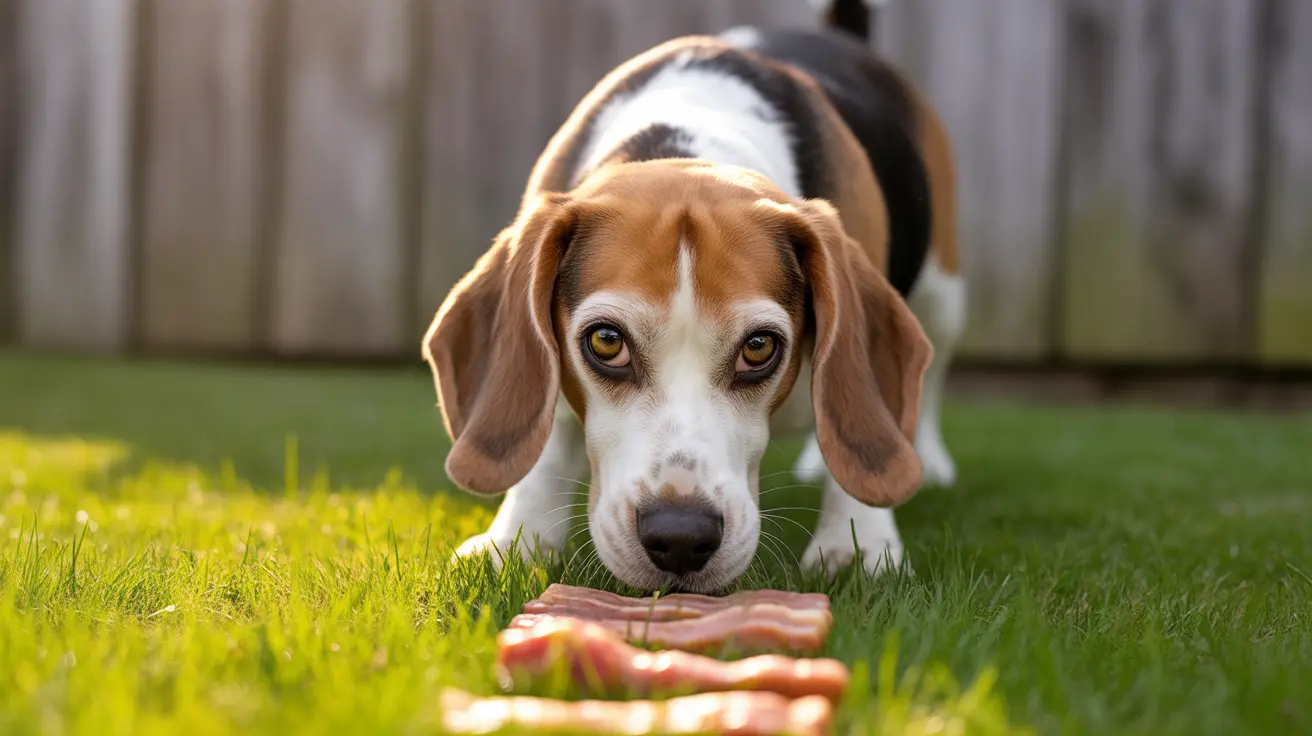Beagles have long captivated dog lovers with their floppy ears, expressive eyes, and merry personalities. But when it comes to beagle intelligence, there's much more than meets the eye. These beloved hounds possess a fascinating type of intelligence that often goes unrecognized by traditional measures.
In this comprehensive guide, we'll explore the multifaceted nature of beagle intelligence, from their extraordinary scenting abilities to their unique problem-solving skills. We'll also address common misconceptions about their learning capabilities and provide insights into maximizing their cognitive potential.
The Truth About Beagle Intelligence
While beagles may rank between 72nd and 131st in Stanley Coren's famous dog intelligence rankings, these numbers tell only part of the story. Their intelligence manifests differently from traditionally "smart" breeds like Border Collies or German Shepherds. Beagles excel in areas that match their historical breeding purpose – primarily scent tracking and independent hunting.
What many perceive as stubbornness is actually a demonstration of their specialized intelligence. These dogs were bred to think independently and follow their noses, traits that don't always align with conventional obedience metrics.
Masters of Scent Detection
Beagles possess approximately 220 million scent receptors – 45 times more than humans. This extraordinary olfactory capability isn't just about having a good nose; it requires sophisticated brain power to process and interpret these scent signals.
Their scenting prowess is so remarkable that they're frequently employed in professional detection work. The U.S. Department of Agriculture's "Beagle Brigade" demonstrates this intelligence in action, with these dogs successfully detecting prohibited foods and agricultural products in airports nationwide.
Problem-Solving Abilities and Learning Style
Beagles demonstrate impressive problem-solving capabilities, particularly when motivated by food or interesting scents. They excel at figuring out how to access treats or track specific smells, showing remarkable persistence and creativity in their approaches.
Studies have shown that beagles can learn over 200 object names and successfully complete touchscreen-based cognitive tests. Their learning style is unique – they often need more repetitions than other breeds but can retain information well once mastered.
Social Intelligence and Pack Mentality
Originally bred as pack hunters, beagles possess strong social intelligence. They excel at reading both human and canine body language and typically show strong empathy toward their family members. This social awareness makes them excellent family pets and therapy dogs.
Their pack mentality also influences their learning style – they often learn well through observation and imitation of other dogs, demonstrating sophisticated social cognition.
Training Approaches for Success
Understanding beagle intelligence is crucial for effective training. These dogs respond best to positive reinforcement methods that engage their natural motivations. Short, engaging training sessions with high-value rewards yield the best results.
Mental enrichment activities that incorporate scenting games, food puzzles, and interactive play help channel their intelligence productively and prevent boredom-related behaviors.
Frequently Asked Questions
How intelligent are Beagles compared to other dog breeds?
Beagles possess specialized intelligence that differs from conventional rankings. While they may score lower in obedience intelligence, they excel in scent tracking and social intelligence. Their problem-solving abilities are particularly strong when focused on their areas of interest.
Why do Beagles sometimes seem stubborn or hard to train?
What appears as stubbornness is actually independence bred into them for hunting. Beagles were developed to think and work autonomously, following scent trails without constant human direction. This trait can make traditional obedience training more challenging.
What makes Beagles so good at scent tracking and problem-solving?
Beagles have 220 million scent receptors and specialized brain architecture for processing smells. Their natural hunting instincts, combined with this superior olfactory capability, make them exceptional at scent-related tasks and problem-solving involving tracking.
What are the best training techniques for improving a Beagle's obedience?
Success comes through positive reinforcement, consistency, and engaging their natural motivations. Use high-value treats, keep sessions short and fun, and incorporate their love of scenting into training exercises. Patience is key, as they may need more repetitions than other breeds.
How can I use my Beagle's natural instincts to keep them mentally stimulated?
Create engaging activities that utilize their scenting abilities, such as hide-and-seek with treats, scent trails in the yard, or food puzzle toys. Regular mental enrichment through these activities helps prevent boredom and associated behavioral issues.
Conclusion
Beagle intelligence is uniquely adapted to their historical purpose as scent hounds. While they may not top traditional intelligence rankings, their specialized cognitive abilities make them remarkably capable in their areas of expertise. Understanding and working with their natural instincts leads to a rewarding partnership with these clever, cheerful hounds.






